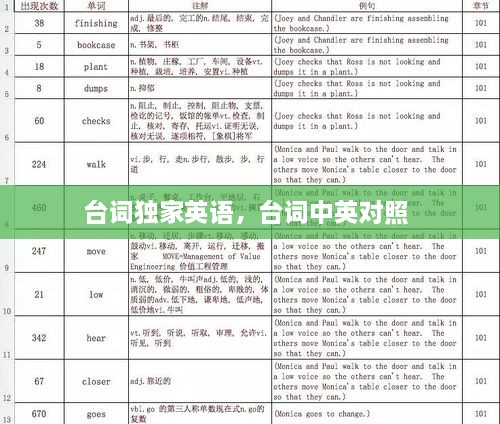Introduction to Dialogue Exclusive English
Dialogue Exclusive English refers to the unique and specialized language used in dialogues, particularly in fictional works such as movies, television shows, and books. This form of English is crafted to capture the essence of conversations, often reflecting the characters' personalities, backgrounds, and the context of the story. In this article, we will delve into the characteristics of Dialogue Exclusive English, its importance in storytelling, and how it adds depth to the narrative.
Characteristics of Dialogue Exclusive English
Dialogue Exclusive English is characterized by several distinct features that set it apart from standard English usage:
Colloquialisms and Slang: These are informal words or phrases that are commonly used in everyday speech. They add authenticity to the dialogue and help to create a sense of realism.
Regional Dialects: The use of regional accents and dialects can enhance the characters' backgrounds and cultural identities. This is particularly evident in stories set in specific locations or involving diverse characters.
Figurative Language: Metaphors, similes, and other forms of figurative language are often used to make the dialogue more engaging and expressive.
Emotional Tone: The emotional state of a character is often conveyed through the choice of words and the way they are spoken. This can include the use of humor, sarcasm, or intense language.
Abbreviations and Contractions: These are commonly used to mimic the natural rhythm of speech and can add a conversational feel to the dialogue.
Importance in Storytelling
The use of Dialogue Exclusive English is crucial in storytelling for several reasons:
Character Development: Dialogue provides insight into a character's personality, beliefs, and motivations. The way a character speaks can reveal their background, education level, and social status.
Conflict and Tension: Dialogue can escalate conflicts and create tension between characters. The use of sharp, pointed remarks or heated exchanges can heighten the drama of a scene.
Information Dissemination: Dialogue is often used to convey information to the audience. Characters can reveal secrets, discuss plot points, or explain complex concepts through their conversations.
Style and Tone: The language used in dialogue can set the tone for the entire story. A story told in a humorous tone may use more light-hearted dialogue, while a darker narrative might feature more intense and solemn conversations.
Adding Depth to the Narrative
Dialogue Exclusive English adds depth to the narrative by:
Enhancing Realism: By using natural-sounding language, dialogue can make the story more believable and immersive. It allows readers or viewers to connect with the characters on a more personal level.
Providing Insight: Through dialogue, authors can offer insights into the characters' thoughts and feelings, which can be particularly useful in complex or multi-layered stories.
Creating Contrast: The contrast between formal and informal dialogue can highlight the differences between characters or the evolution of their relationships over time.
Building Trust: When dialogue is well-crafted and true to life, it can earn the audience's trust and make them more invested in the story and its characters.
Challenges and Considerations
While Dialogue Exclusive English adds depth and realism to a story, there are also challenges and considerations to keep in mind:
Clarity: It's important to ensure that the dialogue is clear and understandable to the audience. Overuse of slang or dialects can sometimes hinder comprehension.
Cultural Sensitivity: When using regional dialects or cultural references, authors must be mindful of cultural sensitivity and ensure that they are accurately represented.
Consistency: The language used in dialogue should be consistent with the characters' backgrounds and personalities throughout the story.
Translation: For stories that are translated into
转载请注明来自浙江一对一电气有限公司,本文标题:《台词独家英语,台词中英对照 》











 蜀ICP备2022005971号-1
蜀ICP备2022005971号-1
还没有评论,来说两句吧...